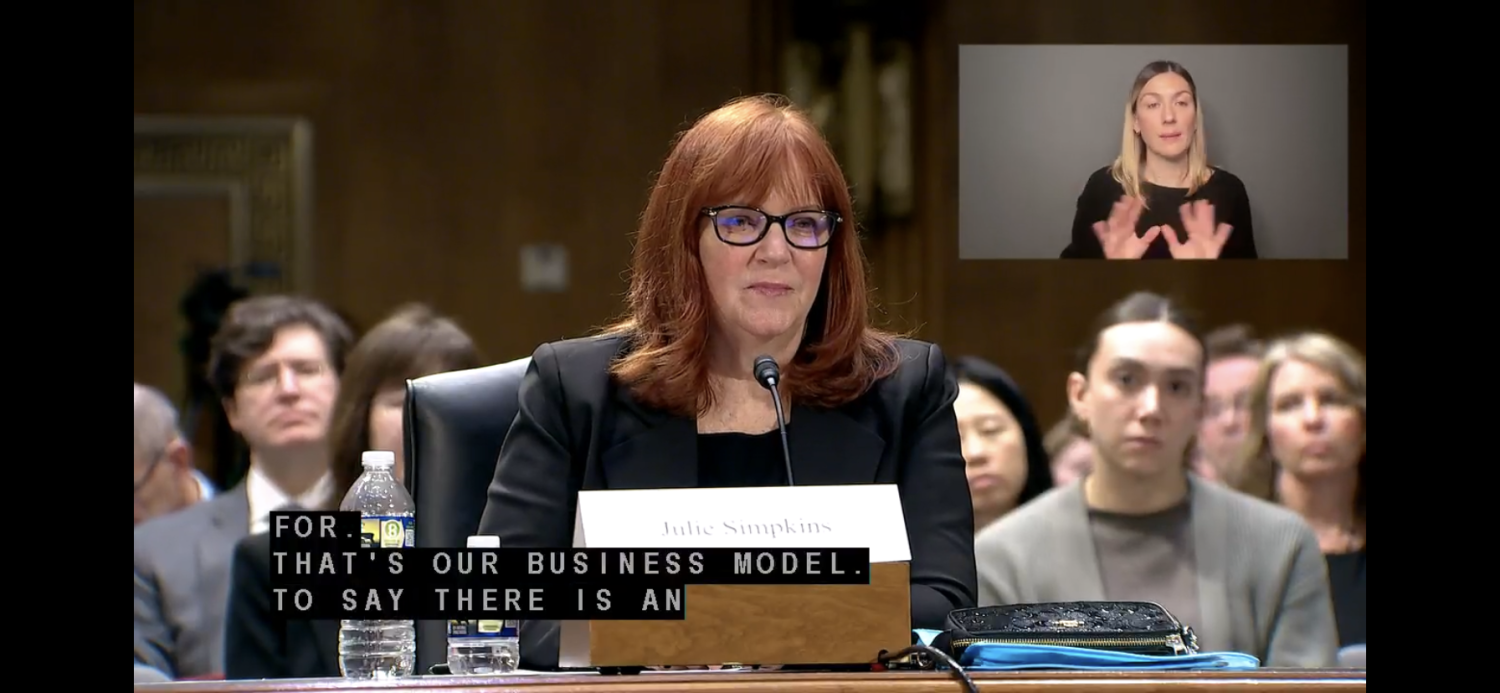By Rick Banas of BMA Management, Ltd.
Several years ago, a man from Canada joined up with my cousin and me for a quick nine-holes of golf early one Sunday morning.
His wife was at the hospital across the street. She recently was diagnosed with cancer.
They had come to the United States, he explained, so his wife could immediately start undergoing treatment. She would be able to obtain the treatment she needed in Canada through the Canadian health care system, but only if she was able to survive the six-month wait.
He was at the golf course because he needed something to occupy his time before visiting hours started at the hospital.
They are by no means the only folks from Canada who come down to the United States to secure health care services. Just ask the folks in Florida how easy it is to get an appointment with a physician during the winter months.
This past year as health care reform was being debated, proponents kept assuring us that the legislation that was signed into law did not call for the rationing of health care services or for any reduction in the health care services covered by Medicare.
But will other provisions in the legislation result in the rationing of care and cuts in services?
After all, the rationing of health care would not be new in the United States. Citing budget constraints, the State of Oregon already rations care for those low income residents who are covered by Medicaid.
The Wisconsin State Medical Society suggests our neighbors to the north look at following Oregon’s lead. In a story written by David Wahlberg that was posted this past Sunday in the Wisconsin State Journal, the state’s medical society is planning to ask the State of Wisconsin to look at rationing as an alternative to payment cuts to doctors for treating Medicaid patients. The Society is concerned that payment cuts to alleviate shortfalls of more than $1 Billion could lead to a shortage of physicians willing to serve Medicaid patients.
What good is having health care coverage if there is not a doctor available, a representative of the medical society contends.
Click here to read the story.
Do we not run the same risk at the national level? Will there be enough doctors to handle the Silver Tsunami that is about to hit the United States, at first doubling and then tripling the number of older adults in the next 40 years?
All affordable assisted living communities managed by BMA Management, Ltd. are certified and surveyed by the Illinois Department of Healthcare and Family Services. All assisted living communities are licensed and surveyed by the Illinois Department of Public Health.
“BMA Management, Ltd. is the leading provider of assisted living in Illinois
and one of the 20 largest providers of assisted living in the United States.”
What are your thoughts? Leave a comment and let us know.




